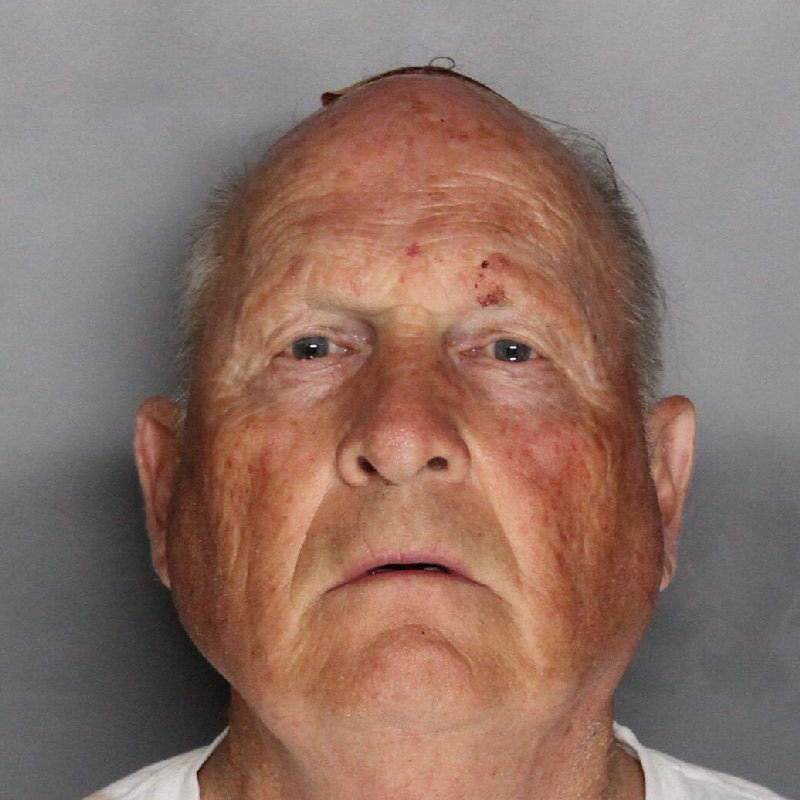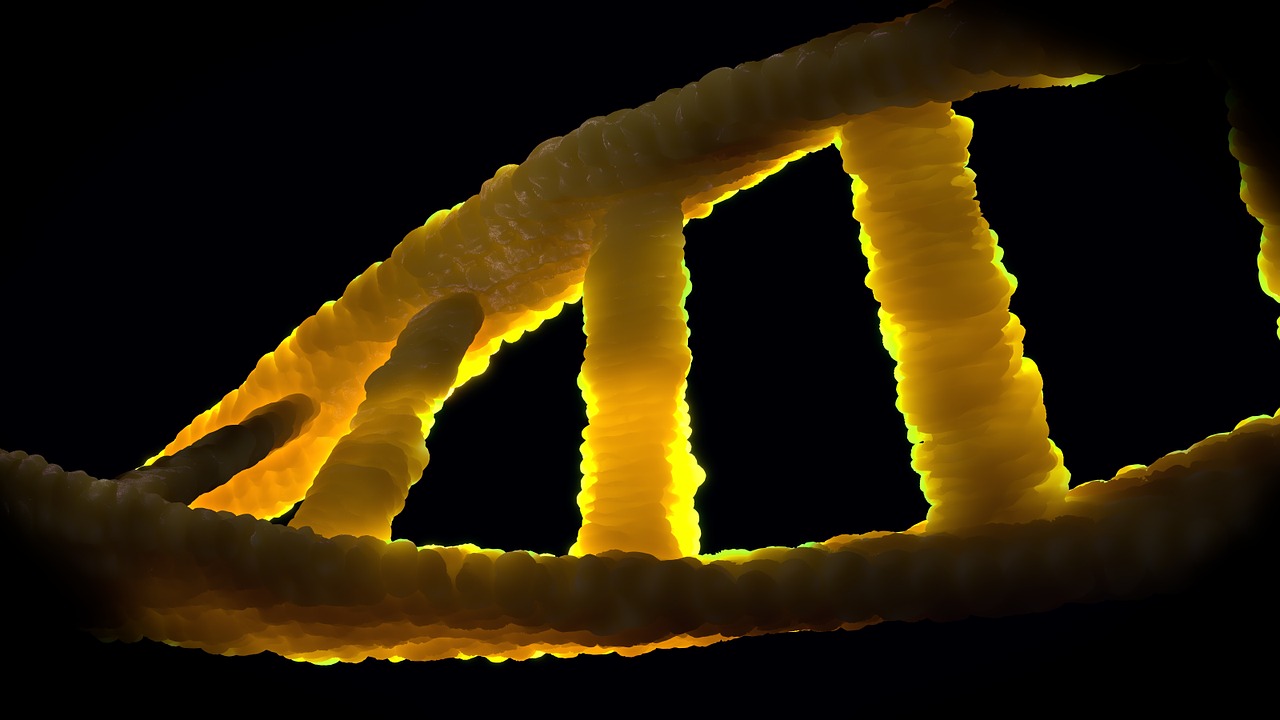At dinner recently with an IT professional, the conversation drifted into our inexorable plunge toward the mass retailing of our privacy—from intimate data collected by smartphones, Alexa, and your own TV to the government and corporate seizure of utterly innocent people’s DNA profiles.
Soon, everything you know, everything you want, everything you talk about, everywhere you’ve been and are going, anybody in your family tree, and all genetic diseases you might have in the future will be in the hands of police agencies, the federal government, and greedy corporations—and all of them could use it against you.
When your sweet little grandmother spits in a tube and mails it off, she is unwittingly sharing your history, too. Not a problem because you live a clean life? Think again.
Let’s say you are running for office. Might your opponent gain access to your entire genetic and personal history through a “friend” in the genetosphere? What if your family has a tendency toward a grave disease and an insurance company refuses coverage—even if you don’t have or display the disease? What if you suddenly discover previously unknown relatives who claim they are owed part of your inheritance?
And while we’re flirting with paranoia, what if a future government or lab cloned you—or somebody much, much more evil than you?
Worse, we’re complicit. A 2018 survey showed that more than 90 percent of us support allowing cops to use retail databases like Ancestry and 23and Me to solve crimes. As long as that’s all your DNA is used for, that’s well and good.

So, yes, there is a positive side in crime-fighting. Recently a 1970s serial murderer known as the Golden State Killer was unmasked by tracing familial DNA of clueless descendants who sent in their samples merely to learn where their ancestors originated.
Now, police agencies are turning to such DNA retailers to solve cold cases. And they’re not being polite about it.
But the dark side is, well, much darker. Last year, Pharmaceutical giant GlaxoSmithKline teamed up with home DNA retailer 23andMe, ostensibly to create new drugs. Test results from 5 million customers will be used, but there’s no putting the horse back in the barn once the profiles have gotten into the Big Pharma-government industrial complex. To paraphrase a popular commercial, what’s in your chromosomes?
Retailers are now revamping their rules, but they are way behind and the profit motive is strong. Do you really think they’ll resist billion-dollar offers from insurance, drug makers, foreign governments, or anybody else who can make a mint off your most intimate information?
“We had found the FBI in our database, and heard them with our own ears saying, ‘Look, we’re not going away — ‘you can hide and you can pretend we’re not around … but we’re going to keep coming in,’” one retail DNA executive told Forensic Magazine. “‘If you make it impossible for us to put our samples in the database, it’s okay — we’ll just subpoena you.’”
And, hey, we didn’t even get to Alexa’s eavesdropping. My advice: Close the bedroom door when things get frisky.
Other than going completely off the grid—and maybe not even then—you cannot halt this steamroller. Everything you are will soon belong to somebody else.
Bestselling crime writer Ron Franscell has not paid—and probably will never pay—somebody to take his DNA.
Cover image by Colin Behrens
